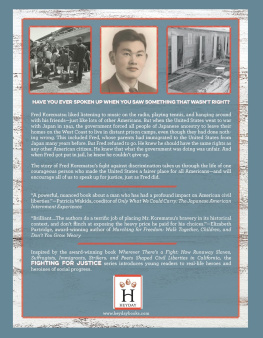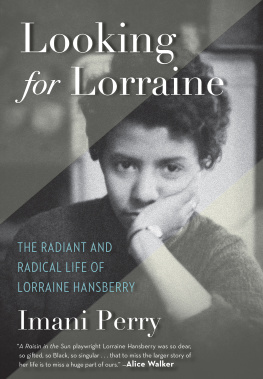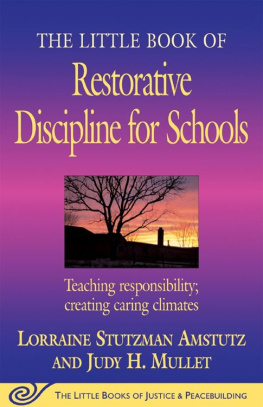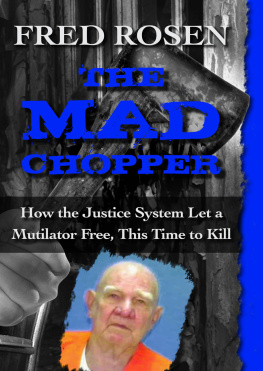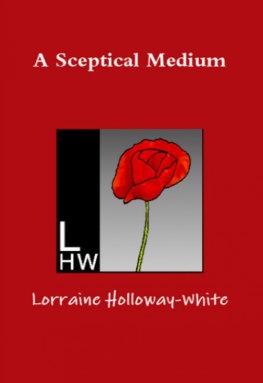This book is published with the assistance of a grant from the Scott and Laurie Oki Endowed Fund for publications in Asian American Studies.
A full listing of the books in the Oki Series can be found at the back of the book.
2015 by Lorraine K. Bannai
Printed and bound in the United States
Composed in Utopia, a typeface designed by Robert Slimbach
Design: Dustin Kilgore
19 18 17 16 155 4 3 2 1
All rights reserved. No part of this publication may be reproduced or transmitted in any form or by any means, electronic or mechanical, including photocopy, recording, or any information storage or retrieval system, without permission in writing from the publisher.
University of Washington Press
www.washington.edu/uwpress
Library of Congress Cataloging-in-Publication Data
Bannai, Lorraine K., author.
Enduring conviction : Fred Korematsu and his quest for justice / Lorraine K. Bannai.
pages cm. (Scott and Laurie Oki series in Asian American studies)
Includes bibliographical references and index.
ISBN 978-0-295-99515-1 (hardback : alk. paper) 1. Korematsu, Fred, 19192005Trials, litigation, etc. 2. Japanese AmericansEvacuation and relocation, 19421945. 3. Japanese AmericansCivil rightsHistory20th century. I. Title.
KF228.K59B36 2015
341.67dc23
2015020142
The paper used in this publication is acid-free and meets the minimum requirements of American National Standard for Information SciencesPermanence of Paper for Printed Library Materials, ANSI Z39.481984.
PREFACE
THIS BOOK TELLS THE STORY OF FRED KOREMATSU, WHO, AS A young man during World War II, refused to comply with military orders that led to the incarceration of over 110,000 individuals of Japanese ancestry living on the West Coast. There had been no charges against them; they had no hearings; they were rounded up and sent to desolate camps in the interior United States simply because the country was at war with Japan, and they looked like the enemy. This story about Freds wartime challenge to the mass removal, his quest for justice forty years later, and his tireless work speaking out against the targeting of minority communities after 9/11 continues to have haunting relevance today as the country still grapples with the extent to which it must sacrifice civil liberties to ensure national security.
In 1942, Fred was one of a handful of individuals who chose not to obey the wartime orders;traveling the country to speak about the wartime incarceration, Fred helped to lift the implication of guilt that had hung over the Japanese American community and to remind the country of the enormous price to be paid if it is not vigilant in protecting civil rights.
In 1982, as a young lawyer fairly fresh out of law school, I had the privilege of serving on the legal team that represented Fred in reopening his case. During that time, I was able to get to know both him and his family, and in the years since, I have had the opportunity to write and speak about the wartime Japanese American incarceration, Freds case, and their presentday relevance. When Ive given talks, Ive often been asked if I was going to write a book about his life and cases. Time and time again, Id say that was a great idea, and it has taken until now to finally write it.
Other books written about Fred have been primarily for younger audiences. This book seeks to both provide a deeper and more nuanced understanding of his life and cases, as well as set his story in a broader context. First, this book draws on a wide range of sources, giving, I think, greater insight into Fred and the meaning and impact of his decisions. I have, for example, been able to draw on rich archival sources, including documents in the National Archives, such as immigration files, camp records, and court documents; records from local libraries, museums, and government offices, including jail registries and property records; the files of the Northern California ACLU, including wartime letters between Fred and his ACLU advocate, Ernest Besig; and the Fred T. Korematsu v. United States Coram Nobis Litigation Collection at UCLA, which holds the files of Freds legal team related to the reopening of his case.
In addition, this book draws, as much as possible, on Freds own words and on first-person interviews of those who knew him. I have had the benefit of not only Freds published interviews and speeches but also previously unpublished interviews he (and others) gave in connection with the making of the documentaries Unfinished Business by Steven Okazaki and Of Civil Wrongs and Rights by Eric Paul Fournier. Ive further been able to interview members of Freds family, family friends, members of his legal team, and other people who came to know him. These individuals, many of whom have never been interviewed before, and some of whom, sadly, have passed, told of Freds life and experiences and the way he touched others, often through inspiring, tender, and sometimes funny stories. There were many interviews during which tears from laughing mixed with tears from missing Fred. These recollections from those who knew Fred provide a tangible, human view of the events that made up his remarkable life, as well as the person he was.
Second, this book seeks to provide a deeper understanding of Fred and the significance of his actions and case by setting his story in a broader historical, social, cultural, political, and legal context. For example, setting Freds life in the context of the history of the larger Japanese American community aids in understanding his experiences growing up, fighting his case, and joining the communitys quest for redress for the wartime wrongs. It also, I hope, provides a more textured view of the communitys history by underscoring that, while members of the Japanese American community, like members of other communities of color, share a common history and culture, they are far from homogenous; their lived experiences and perspectives are varied and complex.
Further, it is critical to understand the Japanese American incarceration not simply as an isolated historical event of the past, involving one ethnic minority in a unique and unusual set of circumstances. This book seeks to set Freds case within the context of a broader legal history in which the American legal system has too often responded to public pressure in ways that harm minority communities. In this respect, the forced expulsion and imprisonment of Japanese Americans was, in many senses, an ultimate exclusion after a history of laws aimed at preventing their full and equal membership in American society. It is further important to understand the wartime incarceration and Freds case in light of their present-day relevance to a range of issues that continue to confront this country. Fred never saw his case as simply about him or Japanese Americans; he understood that what happened to Japanese Americans during World War II was important because it spoke about larger themes. Throughout this discussion of Freds life, the life of his community, and their struggles as an ethnic minority in this country are themes concerning the dangers of intolerance and stereotyping, the importance of checks on exercises of government discretion, and the need to be vigilant in protecting civil rightsall very much current issues as the country continues to struggle with questions of race and how to preserve civil liberties in a post-9/11 world.




